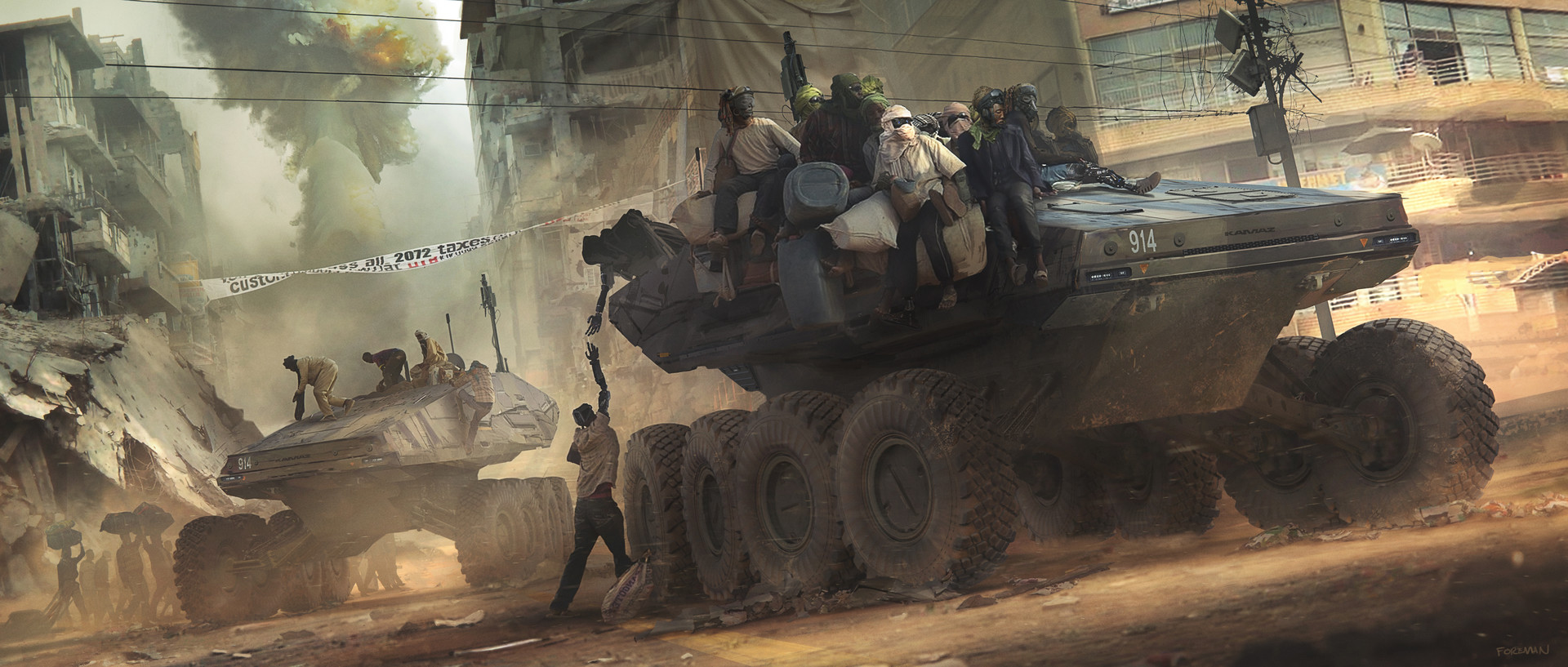
UNITED STATES OF AMERICA
Sunriver: Haven for Opportunity
By HARVEY MCMAHON
An Americana is an enclave of Americans located outside of the United States of America. These areas only exist in Western Europe, Asia, Australasia, and South America. Their development resulted from the mass exodus of the 1930s—one of the largest since the Great War. Henderson in Glasgow, established in 1934, is regarded to be the oldest Americana in the world. Notable examples include The Hague's Roosevelt in the Netherlands, São Paulo's Aventura in Brazil, and Hong Kong's Riverton in China. More than three million Americans live in fifteen different enclaves as of 1954.
But I want to talk about my home and one of the newest Americanas: Tianjin's Sunriver. Twenty-two years ago, I celebrated my tenth birthday with my mother on a boat heading toward, at the time, an unknown destination. My father was clearly missing, but not by choice, as I had recently discovered. He taught American Constitutional Law at a prominent university to collegians that sought to uphold it for years. The faculty had the utmost respect for him; some considered him a great colleague to be around.
But most importantly, he believed in what he taught even as those values upheld in the Constitution were being spat on by MacArthur and crooks.
For the longest time, I never knew what had happened to my father because it was too heartbreaking for my mother to talk about. As a result, I made awful assumptions about him, thinking he had discarded us in favor of a cushy government job or that he had just abandoned us for someone else. Those terrible impressions dominated my thoughts while I was an anxious teenager who realized he was an outsider. It wasn't until after my mother's funeral that I learned the truth.
In the early summer of 1934, the US military underwent a purge of any officials sympathetic to Major General Smedley Butler and his failed coup attempt. But former Vice President William Pelley escalated the purge to targeting officeholders regardless of their political allegiances—the very thing that got him an offer for the office in the first place. Soon after, my father initiated a campaign condemning the purge alongside other law and constitutional law professors across the country. Naturally, that got the wrath of the American government.
My mother wrote in her well-hidden journal that my father begged her to flee the country. It was out of cautionary fear that she would be arrested for association with an "anti-American cause." "It is out of necessity that I leave my love to perish," she wrote on the day she fled for the port with her children before a temporary close on the borders was enacted. And shortly after, he and several other professors were detained and vanished for public life. I'd like to think that my father didn't suffer in his final moments or was still alive in a highly secured penitentiary.
But I know that is a lie.
So did my mother, who died from a heart that never truly mended in her late forties. She spent thirteen years as a nurse working endlessly to earn her citizenship in this country, just like I and countless others living in Sunriver did. We may occasionally do things that aren't commonly seen in China, like celebrate a cherished American football team or host a traditional Thanksgiving dinner. But we still respect Chinese values and are willing to give our blood to the republic. It's the reason why I am sharing my story. To show everyone that we are humans deserving of a place to call home.
And we found it in Tianjin.
But I want to talk about my home and one of the newest Americanas: Tianjin's Sunriver. Twenty-two years ago, I celebrated my tenth birthday with my mother on a boat heading toward, at the time, an unknown destination. My father was clearly missing, but not by choice, as I had recently discovered. He taught American Constitutional Law at a prominent university to collegians that sought to uphold it for years. The faculty had the utmost respect for him; some considered him a great colleague to be around.
But most importantly, he believed in what he taught even as those values upheld in the Constitution were being spat on by MacArthur and crooks.
For the longest time, I never knew what had happened to my father because it was too heartbreaking for my mother to talk about. As a result, I made awful assumptions about him, thinking he had discarded us in favor of a cushy government job or that he had just abandoned us for someone else. Those terrible impressions dominated my thoughts while I was an anxious teenager who realized he was an outsider. It wasn't until after my mother's funeral that I learned the truth.
In the early summer of 1934, the US military underwent a purge of any officials sympathetic to Major General Smedley Butler and his failed coup attempt. But former Vice President William Pelley escalated the purge to targeting officeholders regardless of their political allegiances—the very thing that got him an offer for the office in the first place. Soon after, my father initiated a campaign condemning the purge alongside other law and constitutional law professors across the country. Naturally, that got the wrath of the American government.
My mother wrote in her well-hidden journal that my father begged her to flee the country. It was out of cautionary fear that she would be arrested for association with an "anti-American cause." "It is out of necessity that I leave my love to perish," she wrote on the day she fled for the port with her children before a temporary close on the borders was enacted. And shortly after, he and several other professors were detained and vanished for public life. I'd like to think that my father didn't suffer in his final moments or was still alive in a highly secured penitentiary.
But I know that is a lie.
So did my mother, who died from a heart that never truly mended in her late forties. She spent thirteen years as a nurse working endlessly to earn her citizenship in this country, just like I and countless others living in Sunriver did. We may occasionally do things that aren't commonly seen in China, like celebrate a cherished American football team or host a traditional Thanksgiving dinner. But we still respect Chinese values and are willing to give our blood to the republic. It's the reason why I am sharing my story. To show everyone that we are humans deserving of a place to call home.
And we found it in Tianjin.


